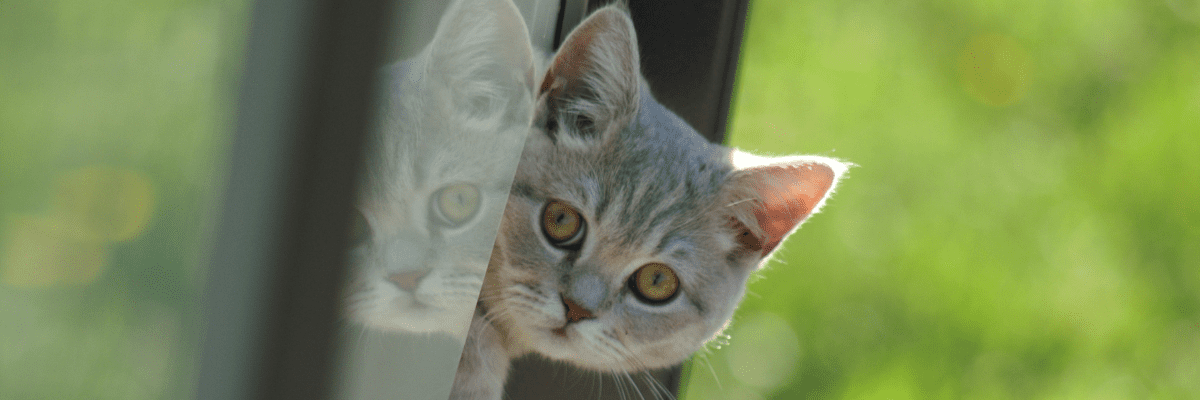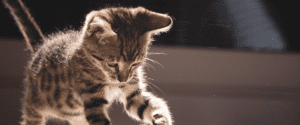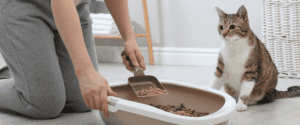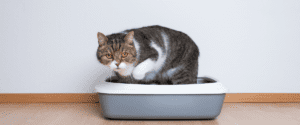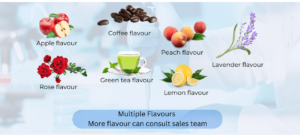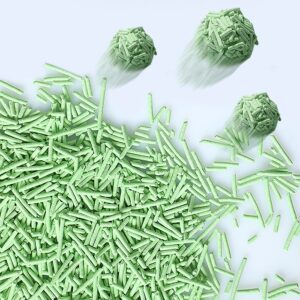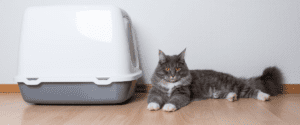Introduction
The pet industry has seen a significant shift towards eco-friendly products, and plant-based cat litter is at the forefront of this movement. As more consumers prioritize sustainability and the well-being of their pets, the demand for natural, biodegradable cat litter is skyrocketing. This blog aims to provide an in-depth look at the benefits, types, and trends in plant-based cat litter, helping wholesalers and retailers understand the market and attract eco-conscious buyers.
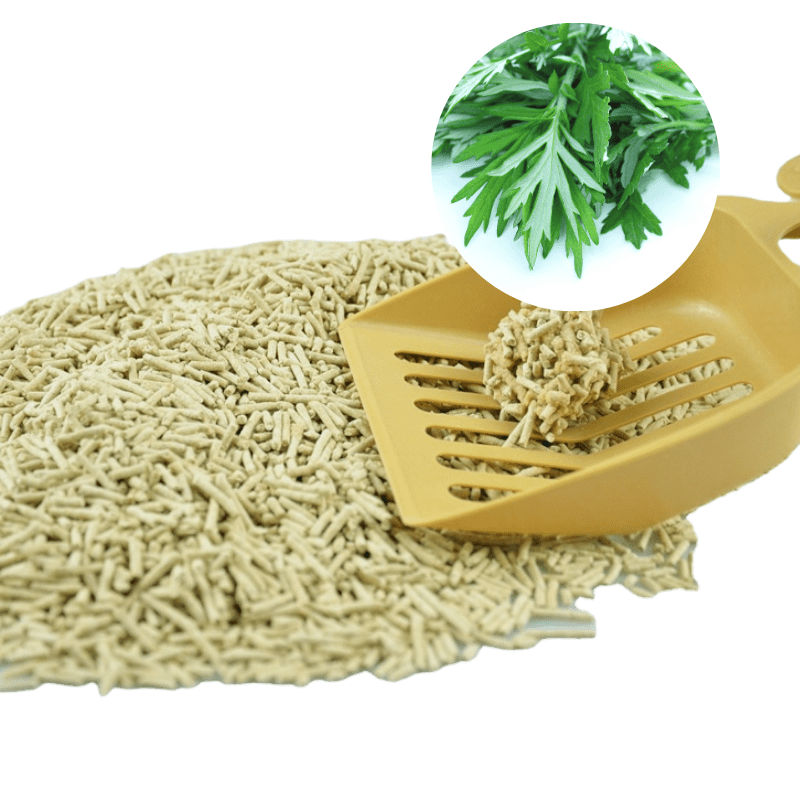
The Rise of Eco-Friendly Cat Litter
Why Choose Plant-Based Cat Litter?
Traditional clay-based cat litters, while effective, come with several environmental drawbacks. They are typically made through strip mining, which can be harmful to the environment, and they are not biodegradable, leading to landfill waste. In contrast, plant-based cat litters are made from renewable resources such as corn, wheat, wood, and tofu, offering a sustainable alternative that is both biodegradable and often compostable (Wholesale Manager) (Dofu Cat).
Market Trends and Consumer Preferences
The shift towards plant-based cat litter is driven by several factors:
- Environmental Concerns: Consumers are increasingly aware of their ecological footprint and are seeking products that align with their values.
- Health Benefits: Natural litters are free from harmful chemicals and synthetic fragrances, making them safer for both pets and owners (Pet Age) (We Love Cats and Kittens).
- Performance: Many plant-based litters offer excellent odor control, clumping ability, and low dust levels, addressing common pain points associated with traditional litters (Dofu Cat).

Types of Plant-Based Cat Litter
1. Corn-Based Litter
Corn-based litters, such as those from brands like World’s Best Cat Litter, are known for their superior clumping ability and odor control. They are made from whole-kernel corn, which is naturally absorbent and biodegradable (The Cat and Dog House).
2. Wheat-Based Litter
Wheat-based litters, like sWheat Scoop, utilize the natural enzymes in wheat to neutralize odors. These litters are clumping and flushable, providing convenience and sustainability (We Love Cats and Kittens).
3. Wood-Based Litter
Wood-based litters, such as those made from pine or cedar, are popular for their natural scent and low dust. Brands like Feline Pine offer non-clumping and clumping options, catering to different consumer preferences (We Love Cats and Kittens).

4. Tofu-Based Litter
Tofu cat litter, made from the byproducts of tofu production, is gaining popularity for its soft texture and excellent absorbency. It is biodegradable and can often be flushed down the toilet, making disposal easy (Dofu Cat).
5. Walnut Shell-Based Litter
Walnut shell litter, like Naturally Fresh, utilizes the hard shells of walnuts to create a highly absorbent and odor-neutralizing product. It is virtually dust-free and biodegradable, providing a healthier option for both pets and their owners (Pet Age).

Benefits of Plant-Based Cat Litter
Environmental Impact
Plant-based cat litters are derived from renewable resources and are biodegradable, reducing the environmental impact associated with pet waste. Many of these litters can also be composted, further minimizing waste (Wholesale Manager).
Health Benefits
Natural litters are free from silica dust, a common component in clay litters that can cause respiratory issues in both cats and humans. Additionally, they do not contain synthetic fragrances or chemicals, making them safer for sensitive cats (Dofu Cat).

Performance
Plant-based litters often outperform traditional litters in key areas such as odor control and clumping ability. They are designed to be low-tracking, reducing the mess around the litter box and making cleaning easier for pet owners (The Cat and Dog House) (We Love Cats and Kittens).
Wholesale Opportunities
Target Market
Wholesalers should target eco-conscious consumers and those with a strong interest in sustainability. Pet stores, e-commerce platforms, and specialty retailers focusing on natural and organic products are ideal partners (Wholesale Manager).
Marketing Strategies
- Educate Retailers and Consumers: Provide information on the environmental and health benefits of plant-based cat litters. Use in-store displays, brochures, and online content to highlight these advantages.
- Product Sampling: Offer samples to retailers and pet owners to encourage trial and adoption. Positive experiences can lead to repeat purchases and word-of-mouth referrals.
- Sustainable Packaging: Use eco-friendly packaging to align with the product’s sustainability message. Highlighting this in marketing materials can attract environmentally conscious consumers (Pet Age).

Case Study: Snappy Scooper
At Snappy Scooper, we offer a range of high-quality plant-based cat litters that meet the needs of modern pet owners. Our products are crafted from sustainable materials and are designed to provide superior performance while being gentle on the environment. Visit our website to learn more and explore our wholesale opportunities.

Conclusion
The trend towards plant-based cat litter is more than just a passing fad; it reflects a growing commitment to sustainability and pet health. By understanding the benefits and market potential of these eco-friendly products, wholesalers can tap into a thriving market and meet the demands of today’s conscientious consumers. Embrace the future of cat litter with plant-based options and join the movement towards a greener, healthier world for pets and their owners.
For more information and to explore our range of plant-based cat litters, visit Snappy Scooper.
